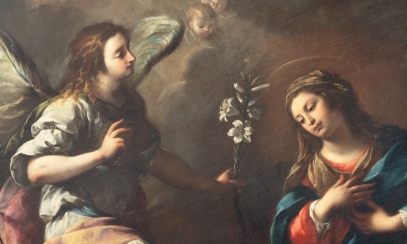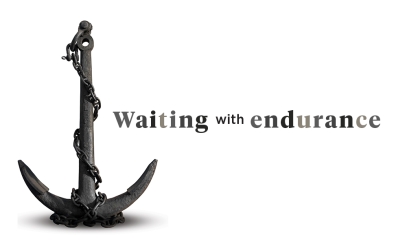What is marriage and why is it important?
There are two ways, one of life and one of death; but a great difference between the two ways.” (Didache, 1) Jesus said something similar: Enter by the narrow gate; for the gate is wide and way is easy that leads to destruction, and those who enter by it are many. For the gate is narrow and the way is hard, that leads to life, and those who find it are few. (Matthew 6:13-14)
We are now living in a world that has two understandings of marriage: political marriage and natural marriage. For centuries, these were understood to be the same. That is no longer the case. Today, political marriage is merely the state’s recognition of relationships. There is no foundation for this recognition except that someone requests it. In many places, heterosexual and same-sex couples alike can request this recognition. If we follow this understanding of marriage to its logical conclusion, there is no basis for eventually denying political marriage to any configuration of people in relationships – a man and two women, a woman and two men, three or more women or men, or even a brother and sister. The only defining characteristic is that the participants in these relationships request official recognition and sanction. On what basis could they be denied? If they say they love one another and want to commit themselves to each other, who is to say no to them?
But there is another understanding of marriage, one that has always been recognized, and that has stood the test of cultural shifts, of varying religious beliefs and the winds of time. This is the understanding of marriage as defined inherently by nature. There are some who see, or who want to see, absolutely no difference between female and male. But this is not natural. There are differences. Natural marriage recognizes those differences. On a purely physiological basis, this allows for physical union and procreation. It is an amazing element of our very beings that this is the way our species continues. In addition, these differences between male and female allow for a real complementarity within the relationship, pointing to the interconnection and interdependence of seeming opposites in nature.
Thus, natural marriage is about relationship and procreation (Recognizing that some couples are infertile does not change the ordinary normal understanding of natural marriage). It follows logically that natural marriage is the best way to link a child to his or her father and mother for the benefit of that child. That these marriages do not always succeed does not change the reality that they are the ideal toward which couples should strive, working with each other and with God to create a stable and loving family.
The Church bases her understanding of marriage on this natural marriage foundation. Gaudium et spes (#48), one of the final decrees of the Second Vatican Council, speaks of this:
The intimate partnership of married life and love has been established by the Creator. ... a relationship arises which by divine will and in the eyes of society too is a lasting one. For the good of the spouses and their offspring as well as of society, the existence of the sacred bond no longer depends on human decisions alone. For God himself is the author of matrimony, endowed as it is with various benefits and purposes. All of these have a very decisive bearing on the continuation of the human race, on the personal development and eternal destiny of the individual members of a family, and on the dignity, stability, peace and prosperity of the family itself and human society as a whole. By their very nature, the institution of matrimony itself and conjugal love are ordained for the procreation and education of children, and find in them their ultimate crown.
This is clearly becoming the more narrow way to understand marriage, but it is also the more solid way, one based on human nature and not merely on the desires of those who would like to see any relationship recognized by political authority.
Certainly, many will say we need to be tolerant of one another. And they will define tolerance as agreement with principles that conflict with both nature and God. They will say that tolerance means that any relationship which two or more people want to enter will have to be accorded political recognition. But that is a wide gate and an easy way. Perhaps our society needs to think seriously about the risks of walking down that path.
Bishop Earl Boyea is the fifth bishop of the Catholic Diocese of Lansing.



